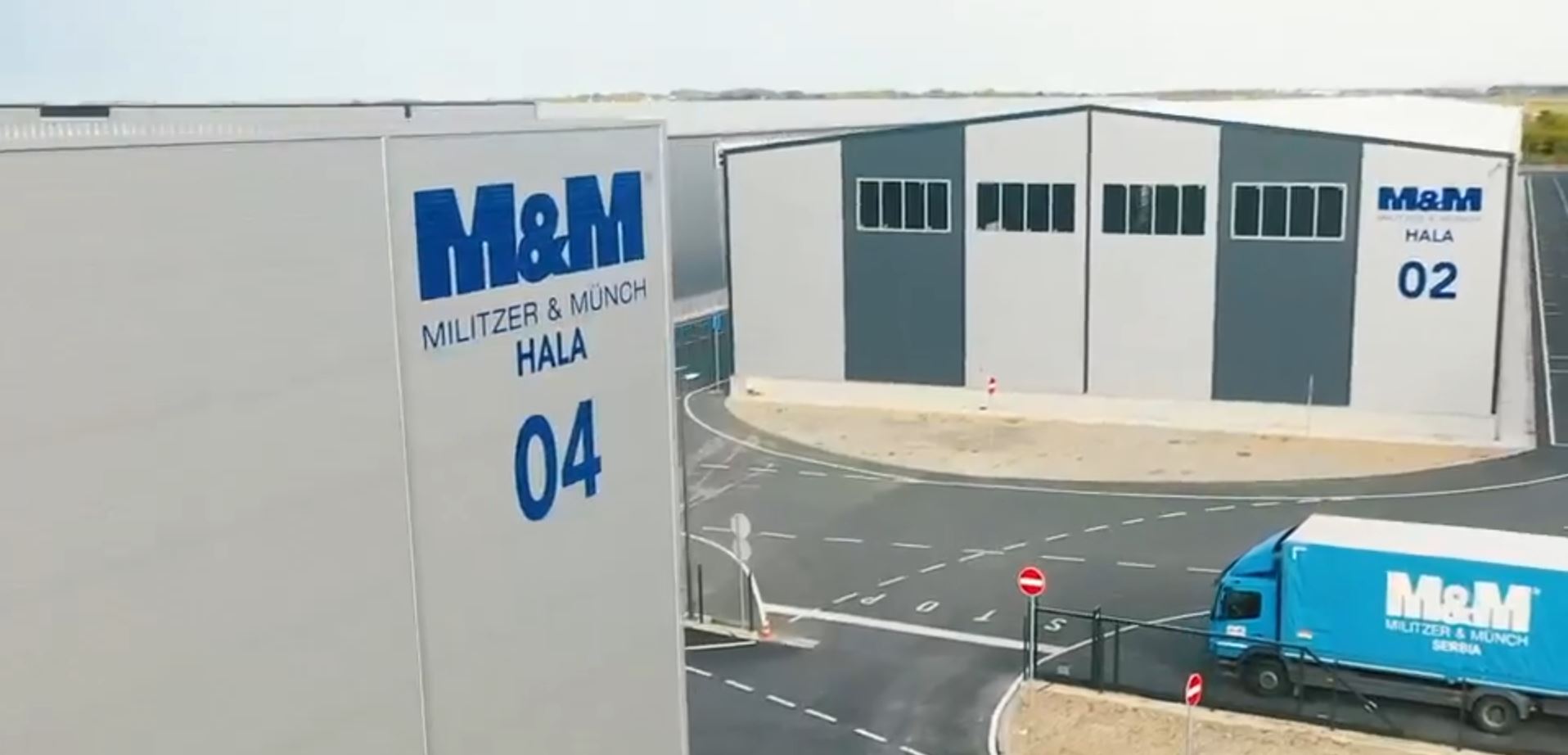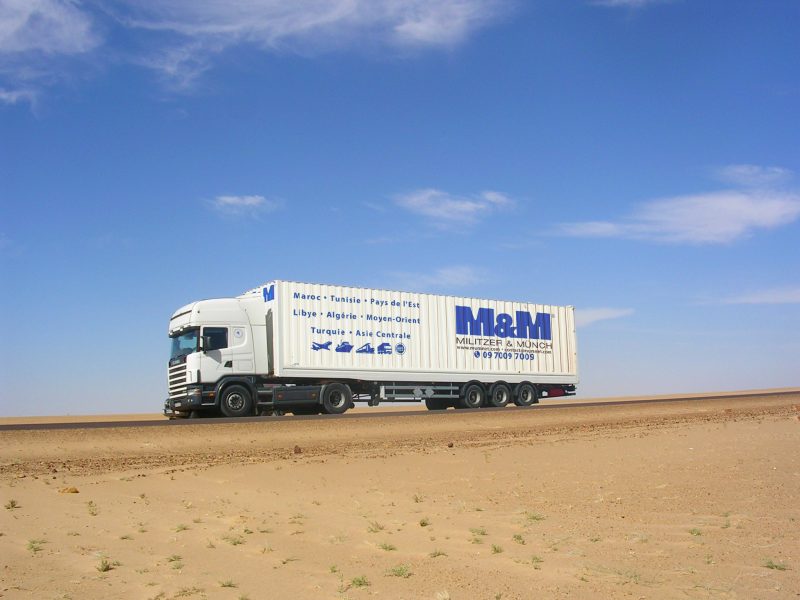M&M Militzer & Münch Serbia is now one of the few Serbian forwarders with AEO status (“Authorized Economic Operator”). It certifies that the Serbian Militzer & Münch subsidiary complies with high standards and offers numerous advantages in goods traffic and customs clearance.
Extensive audits are carried out as part of the AEO certification. Numerous verifications have to be provided, such as regarding the company’s balance sheet and solvency, compliance with customs regulations and international security standards, as well as risk management. Thus, the certification phase was highly labor- and time-intensive for Quality Manager Nadja Novitovic, who guided M&M Militzer & Münch Serbia through the six months process.
“As yet, there are not many transport companies in Serbia that have achieved AEO status. The fact that we are now among the few in the country to have successfully completed this certification makes us very happy, because it strengthens our trade relations and the trust of our customers and partners”, says Nadja Novitovic.
Faster and less complicated thanks to AEO
Once a company has been granted AEO status, it means, above all, that customs and transport processing of goods is quick and uncomplicated, because certified companies are considered to be particularly low-risk and reliable. Accordingly, their shipments are given preferential treatment, there are fewer goods inspections, and documentation requirements are lower. The reduced amount of administrative work speeds up processes in the supply chain, and companies can act more efficiently.
Strong customer relationships with the EU
The certification process is time-consuming, but the commitment has definitely paid off for M&M Militzer & Münch Serbia. AEO status is particularly beneficial in terms of business relations with the EU. “Most of our customers are located in EU countries, mostly from Germany. There, we benefit from reduced customs duties and taxes due to our AEO certification. We also gain faster access to support programs that facilitate the goods flow within the EU, as well as to the EU internal market and the European Customs Union,” says Nadja Novitovic. “Both our country unit and our customers profit from our Authorized Economic Operator status in many ways. It will be of great advantage to us as we continue expanding our activities.”
AEO status was introduced in the wake of the terrorist attacks of 11 September 2001 with the aim of making international supply chains more secure. Since 2008, EU-based companies have been able to apply for AEO status with their respective customs office. In Serbia, Authorized Economic Operator status – referred to here as OPS status (Serbian: “Ovlašćeni Privredni Subjekt”) – was introduced in 2014 to simplify and modernize customs procedures.





